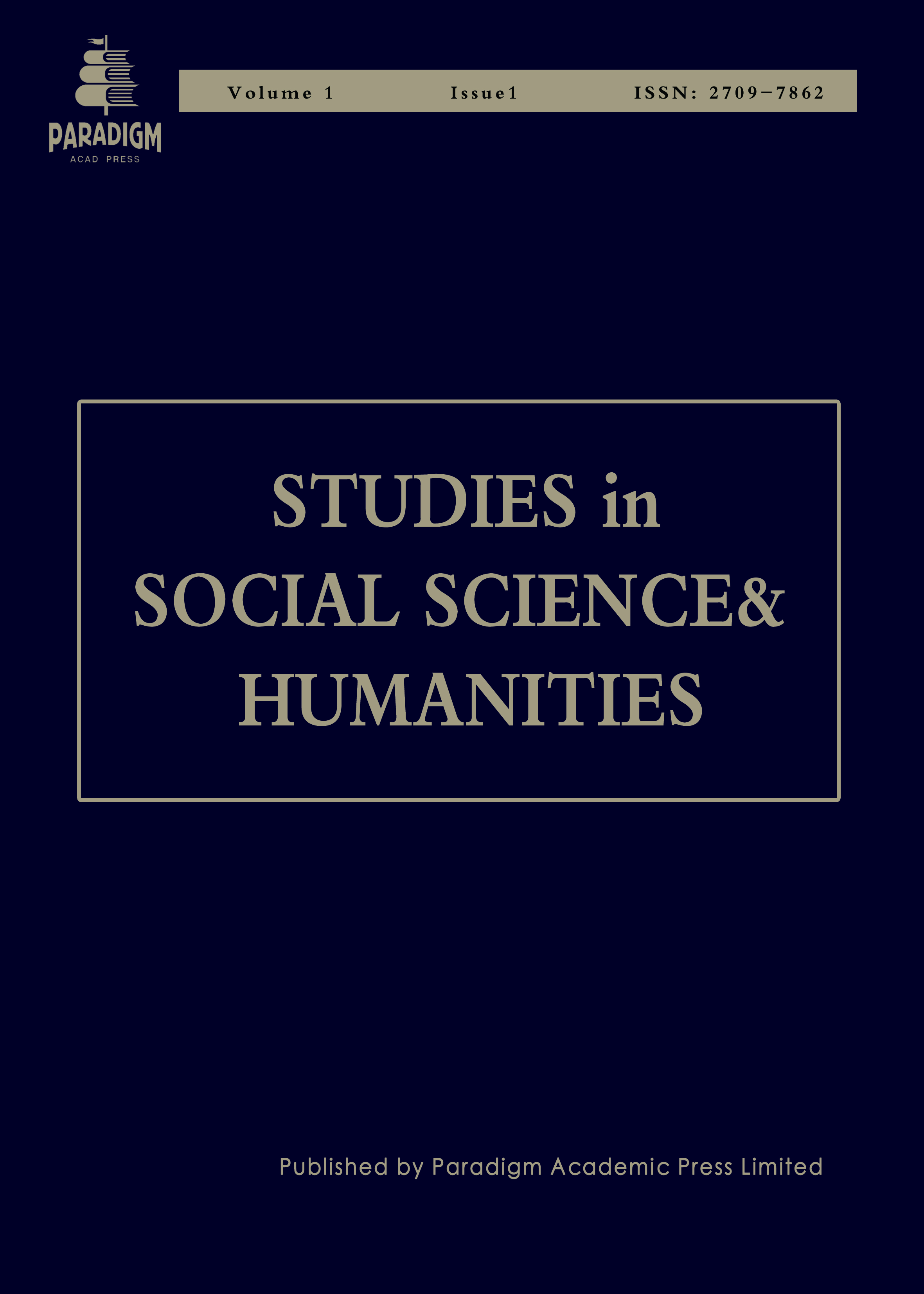A Social Constraints and Personal Freedom in The Myth of Sisyphus: Examining the Impact of External Forces on Existential Autonomy
Keywords:
existential autonomy, social constraints, personal freedom, The Myth of SisyphusAbstract
This paper explores the intricate relationship between social constraints and personal freedom in Albert Camus’s The Myth of Sisyphus, focusing on the impact of external forces on existential autonomy. Camus’s philosophy, centered on the concept of the “absurd,” challenges traditional notions of freedom by highlighting the tension between human beings’ inherent desire for meaning and the indifferent, chaotic universe. The essay examines how social constraints—such as cultural norms, laws, economic conditions, and political ideologies—further complicate this quest for autonomy by imposing additional layers of limitation on individuals. Rather than viewing freedom as the absence of constraints, Camus redefines it as the capacity to confront these external forces with awareness and defiance, choosing one’s own path even within a constrained environment. Through a deeper analysis of Sisyphus as a symbol of human struggle against both cosmic and social limitations, this paper argues that true freedom is found not in escaping these constraints but in navigating and resisting them, asserting one’s values and identity in the face of both the absurd and societal expectations. The conclusion emphasizes the dynamic interplay between freedom and constraint, presenting a vision of autonomy as a continuous, courageous engagement with the world.


